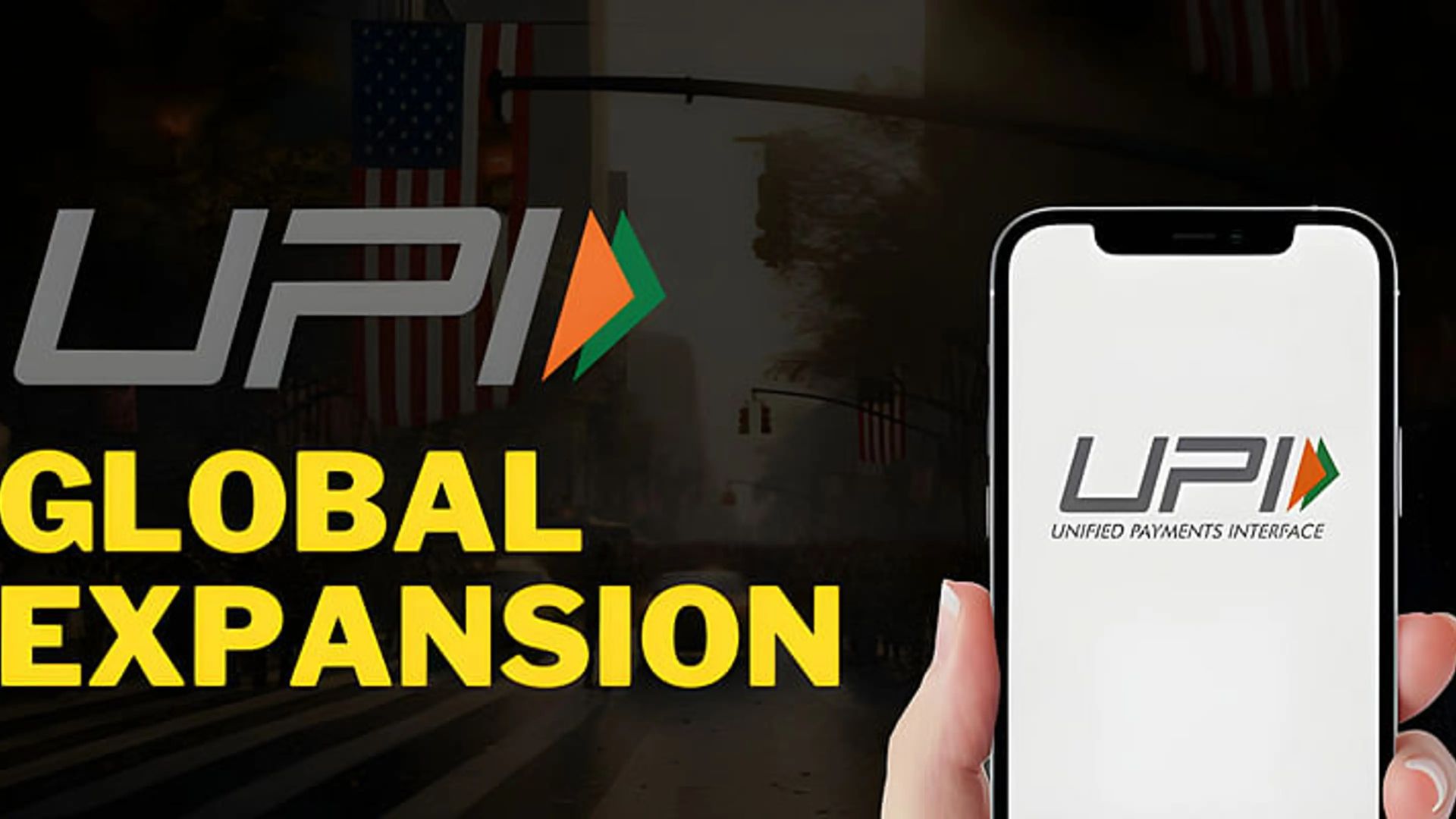

India’s ground-breaking digital system, the Unified Payments Interface (UPI), is becoming more widespread than a national phenomena. In an effort to upend the established cross-border payments system, the National Payments Corporation of India (NPCI) is aggressively seeking integration with other countries (india cross-border payments landscape). This bold action has important ramifications for the developing neo-banking industry, especially for companies that specialize in international trade.
International transactions were long associated with expensive fees, lengthy processing periods, and a lack of transparency. But UPI promises to change everything with its instantaneous, safe, and economical method. UPI envisions a day where transferring money to family members overseas may be done effortlessly using the same app you use for regular purchases (can upi be used for international transactions).
Many countries are undergoing integration, even if a full list of those where UPI is currently recognized is not yet available (list of countries where upi is accepted). Nations investigating UPI acceptance include Bhutan, Nepal, Singapore, the United Arab Emirates, and even France (upi approved nations upsc). This creates new and interesting opportunities for cross-border enterprises as well as for people.
Another significant change in the financial industry is the emergence of neo-banks, or digital-first financial organizations. These forward-thinking companies are renowned for their user-first philosophy, efficient workflows, and emphasis on mobile-first experiences. Cross-border neo-banks are headed for a perfect storm as a result of UPI’s global goals.
Here’s how UPI integration can empower these institutions:
UPI’s integration with international payment systems comes with potential as well as obstacles. Some important problems that require cautious navigation include regulatory obstacles, infrastructural variations, and guaranteeing user security across borders (UPI international). But there’s no denying the possible advantages.
The cross-border payments scene might be completely transformed by a fully globalized UPI ecosystem, which would enable simple and easy international transactions much as domestic ones. This may therefore spur economic expansion, give people greater power, and open the door for a global economy that is increasingly integrated.
The idea behind UPI’s global growth is to make it as simple as paying your rent to transfer money to your nephew studying in Singapore or to a freelancer in Nepal. Even if the trip is only getting started, there is no denying the potential influence on international neo-banks and the financial system as a whole. UPI may rewrite the laws of international transactions, making them more affordable, quicker, and available to everyone with careful planning and cooperation. Cross-border payments have a promising future, and UPI is expected to play a significant role in influencing it.